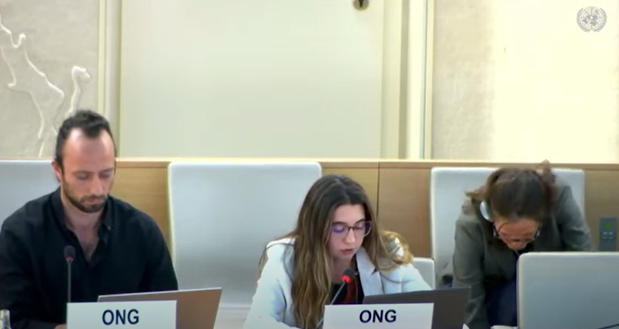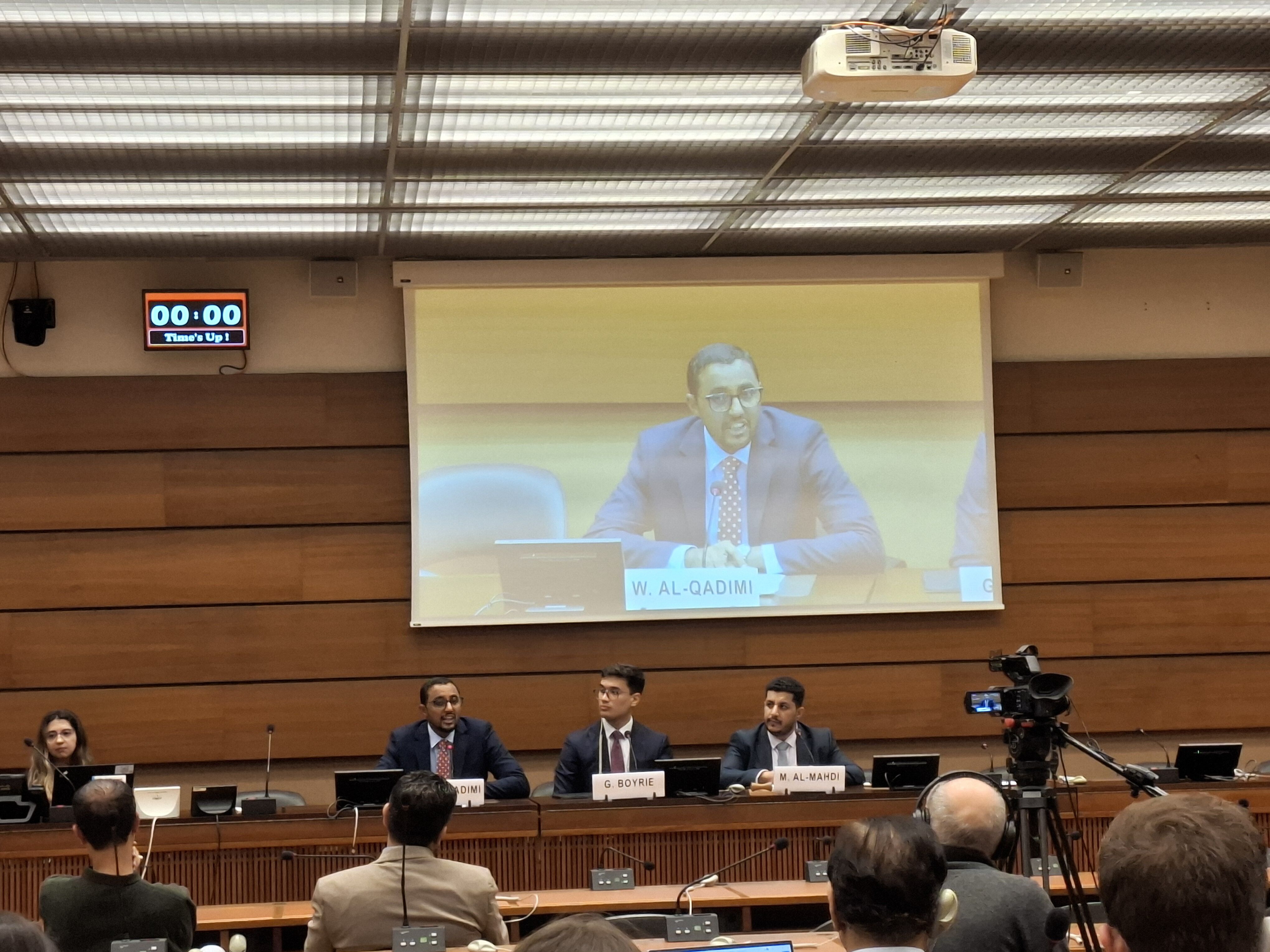Let us no longer keep silent about torture !
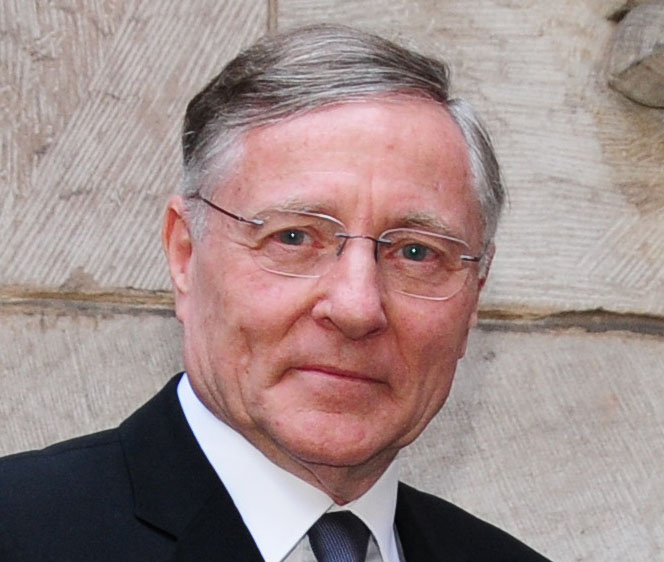
By GICJ President, Dr Hans-C. Graf von Sponeck, former UN Assistant Secretary General and UN Humanitarian Coordinator for Iraq.
The UN High Commissioner for Human Rights, Prince Zeid Ra’ad al-Hussein, points out that “according to international law”, it is “clear” that the United States, which has ratified the 1994 UN Convention against Torture, now has a duty to guarantee accountability”.
In the Arab world, he is known and called by his name: Satar Jabar. In the West we know of him as the faceless, nameless man in the black hood. The image of the tortured Iraqi in Abu Ghraib prison went around the world and shocked and moved people everywhere.
The evil things that happened in the US military prisons of Bagram in Afghanistan, Abu Ghraib and Camp Cropper in Iraq were officially down-played as the misconduct of a few individuals. Simple soldiers such as Charles Graner and Lynnie England, whose images are included for ever in the picture books of brutality, were sentenced to light prison terms for their crimes in Abu Ghraib and were released after a few years. There were no planned, systematic and continuous cases of torture, the world was told.
Similarly, the European public was appeased when, by means of so-called rendition flights or delivery flights, the CIA abducted terror suspects in order to interrogate and torture them in secret prisons in Libya, Syria, Poland, Romania and other countries. "We do not approve of torture. The US respects its international obligations and the law of nations," said US Secretary of State Condoleezza Rice, in Berlin, in December 2005. German Chancellor Merkel welcomed this assurance.
Khalid al-Masri, a German national, who had been illegally arrested in Skopje (Macedonia) in 2003, had long before testified to the contrary. The CIA had flown him to Bagram (Afghanistan) and tortured him there repeatedly.
The investigations carried out by Dick Marty, the Swiss representative at the Council of Europe in 2006/07 and those made by UN Special Rapporteur on Torture Manfred Nowak in 2005, as well as the 2006 research of the European Parliament on CIA secret prisons in Europe, Asia the Middle East and elsewhere have revealed a stark picture of the frightening disregard of law and the violation of the most basic ethical and moral principles.
With few exceptions, the official world has kept silent on these matters. In 2005, Tun Dr. Mahathir bin Mohamad, Prime Minister of Malaysia (1981-2003), appointed a war crimes commission to investigate, amongst other matters, crimes of torture. The Irishman Denis Halliday, my predecessor in Baghdad as coordinator of the UN humanitarian programme in Iraq, and I are members of this commission. In the years 2011/12, the two of us met in Kuala Lumpur many victims of torture, who had been detained in the prisons of Bagram, Abu Ghraib and Guantanamo. These included Satar Jabar, the tortured man in the hood. We learnt first hand of the tortures to which these former prisoners had been subjected.
In 2012 former Prime Minister Mahathir sent two volumes of this compelling torture evidence to the International Criminal Court (ICC) in The Hague. The Office of the Prosecutor of the ICC in The Hague responded many months later with a standard letter pointing out that the Court did not consider itself “competent” in this matter. In June 2014 Halliday and I presented the same evidence to a joint Iraq hearing of members of the UK House of Lords and the House of Commons. So far there has been not even been an acknowledgement of the receipt of this material.
In summary, it can therefore be said that both national and multi-national institutions have so far not been ready to support a case against the powerful USA. Although the United States is not a member of the International Criminal Court, it would indeed be possible to file a suit against US perpetrators with the ICC.
On 9 December 2014, the US Senate published a 525-page summary of its report on the Central Intelligence Agency's torture programme. This is commendable. Such publication was only possible because the Democratic Party held the majority in the US Senate until the end of 2014. With a senate majority in 2015 the Republican Party without doubt would have prevented such a publication outlining the crimes committed by the Bush administration. Important is that there is now official admission that by the cruel and inhuman treatment of prisoners, the US has severely violated the UN anti-torture convention, the Geneva Convention III and other international and national law.
The next step for the US courts should now be to bring to justice those who are responsible for these crimes. So far that has not happened. US President Obama claims that he willl do anything to “ensure enhanced interrogation practices like those detailed in the Senate report are not used in the future”. But he refuses to end impunity for the perpetrators. On this count, the US Congress is similarly silent.
The UN High Commissioner for Human Rights, Prince Zeid Ra’ad al-Hussein, points out that “according to international law”, it is “clear” that the United States, which has ratified the 1994 UN Convention against Torture, now has a duty to guarantee accountability”. I assume that the US authorities will take no such action.
My predecessor in Baghdad, Denis Halliday, and I therefore believe that the International Criminal Court should prepare now to shoulder the responsibility for hearing the case of torture. Reliable evidence will not be wanting. A pertinent petition initiated by us is currently in circulation in 15 languages and is met with approval from all parts of the world. Widely accepted is what Ben Emmerson Q.C and UN Special Rapporteur on human rights and counter-terrorism, has pointed out: “torture is a crime that is subject to universal jurisdiction".
Citizens everywhere are apprehensive that the inaction and the double standards of governments and judicial authorities threaten the peace and security of the people. Official Europe can not afford to remain silent any longer!
Documenting and reporting human rights violations in Iraq
| Executions | Human Rights Violations in the context of fight against terrorism | Peaceful protests | ||||
 |
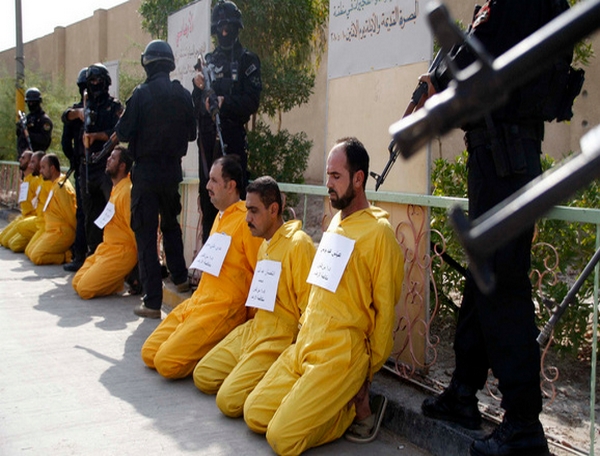 |
 |
||||
 |
 |
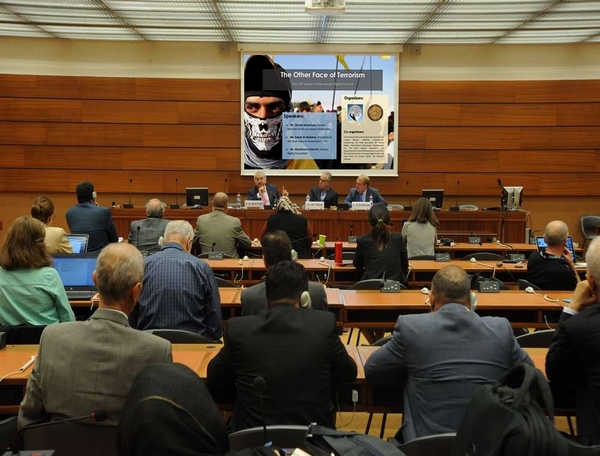 |
||||




